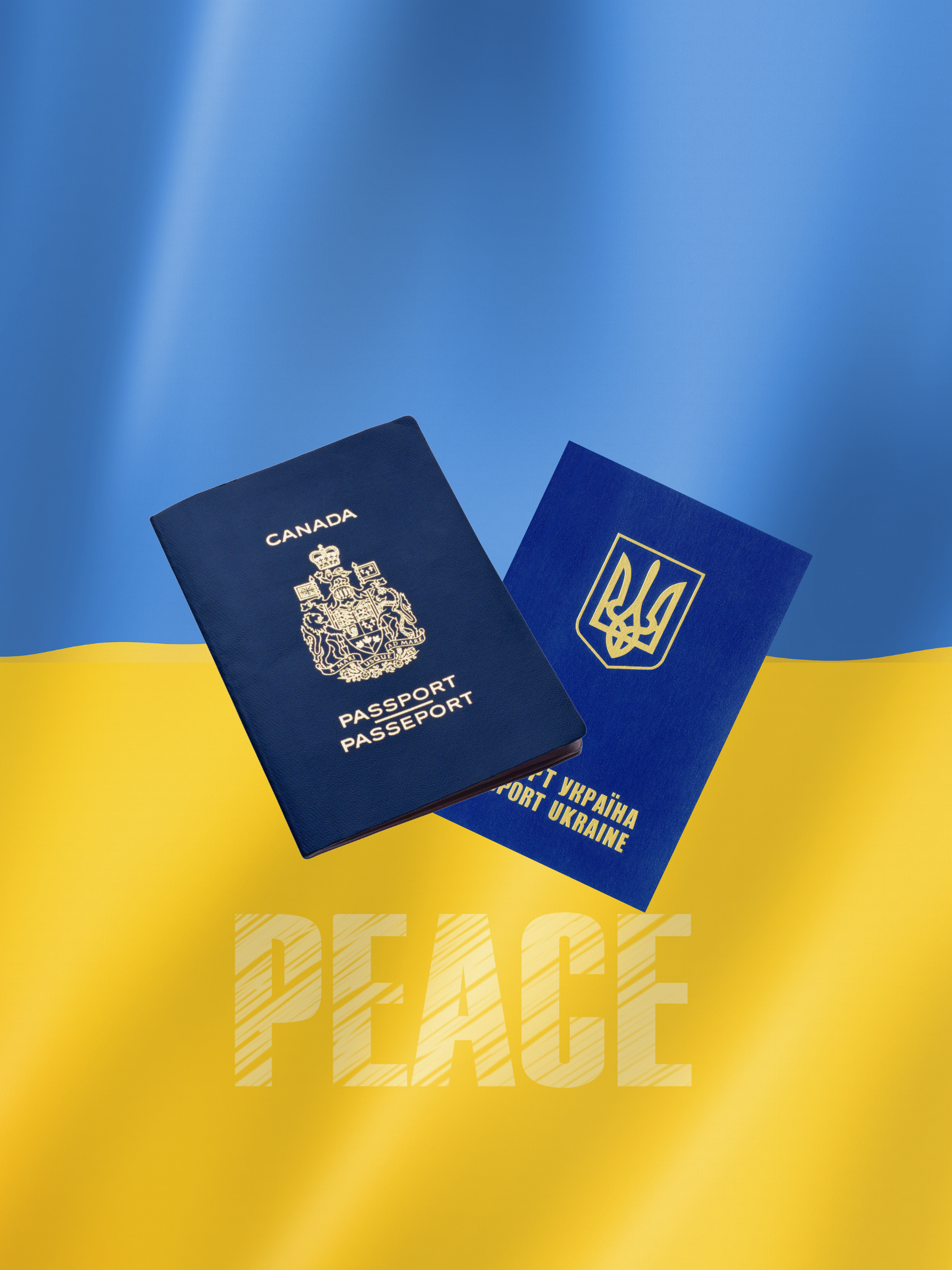This new program will benefit Ukrainians who wish to come to Canada now, as well as those already in Canada who wish to extend their stay. Ukrainians may also include their immediate family members of any nationality on their application.
Immigration, Refugees and Citizenship Canada (IRCC) announced a new temporary residence program for Ukrainians today, called the Canada-Ukraine Authorization for Emergency Travel (CUAET). This new program will benefit Ukrainians who wish to come to Canada now, as well as those already in Canada who wish to extend their stay. Ukrainians may also include their immediate family members of any nationality on their application. IRCC defines an immediate family member as a spouse, a common-law partner, or a dependent child. The definition also includes dependent step-children, as well as the children of dependent children (grandchildren).
Under the CUAET, applicants outside of Canada may apply for a visitor visa and a three-year open work permit. IRCC is waiving processing fees and vaccination requirements for these applicants, and most applications will be processed within 14 days. IRCC will issue a single journey document to any applicant who does not have a passport. Applicants already in Canada may now apply to extend their status for up to three years.
It should be noted that the CUAET is a temporary residence program which does not, in itself, lead to permanent residence. However, IRCC has a number of permanent residence streams under which individuals may qualify, either now or after gaining Canadian work experience. If applicants wish to remain in Canada permanently, they should review their options for permanent residence soon after arriving in Canada, in order to choose the best stream and work towards an application.
Disclaimer:
No information in this blog should be construed as legal advice. Should you have any questions about Canadian immigration law, please contact the Author.





